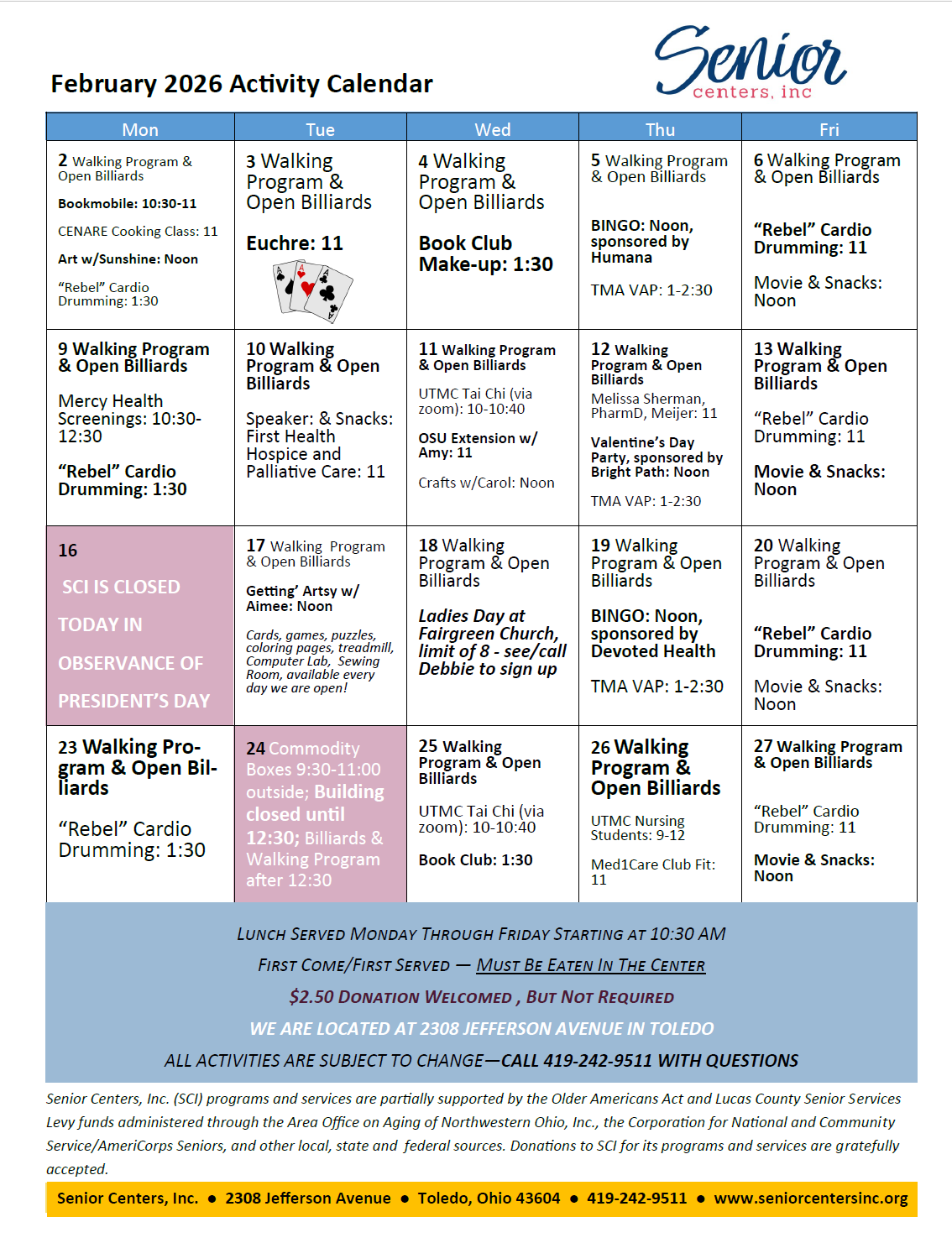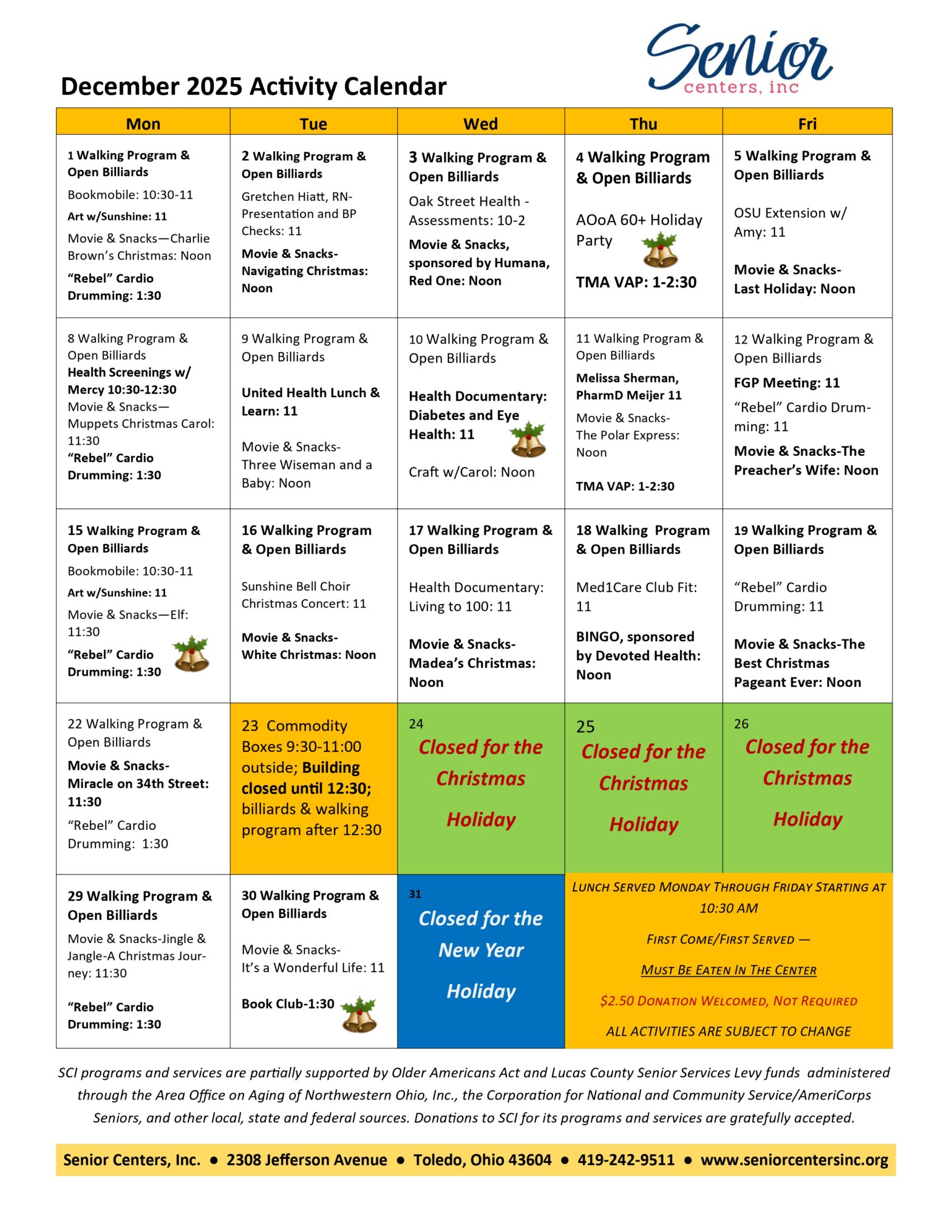Some people love the beauty and serenity of winter while others simply tolerate it until spring returns once more. Whatever your feelings about winter, the change of weather means it’s time to prepare your home — or the home of a senior loved one — for the cooler days ahead. Here is a list of winterizing tasks to help you get started.
1. Shut off outdoor water faucets
No one wants to deal with the aftereffects of burst pipes during the coldest days of winter. That includes outdoor water faucets. Most homes have at least one or two. Take time to drain those pipes of standing water and turn off the tap before the first freeze arrives.
2. Have the furnace inspected
Having a furnace that works well is important for more than just heating the home. If your furnace has a crack or leak, it can put the entire household at risk for deadly carbon monoxide poisoning. Be sure to schedule the inspection before the temperature falls and you need to turn the furnace on.
3. Develop a snow removal plan
Shoveling snow can be dangerous for older adults, as can maneuvering on icy sidewalks and driveways. Before the first snow flies, have a solid plan in place for removing snow and salting walkways. If you don’t know anyone who can handle these tasks, call your local Area Office on Aging. They often maintain a list of trusted vendors you can call for pricing.
4. Stock up on basic supplies
Don’t wait to head to the grocery store until your local meteorologist predicts an ice or snow storm. Stock up now. Have a stash of basic food supplies in your pantry and freezer, such as bottled water, canned goods, bread, peanut butter, and other non-perishables. Don’t forget to keep extra pet food on hand, too.
Then there are safety supplies to organize in case of a winter emergency. Flashlights, a battery-operated cell phone charger, extra batteries, blankets, paper towels, and a battery-operated weather radio are a few suggestions. Also be mindful of your medication supply. Don’t let them get too low before getting refills.
5. Test smoke alarms and carbon monoxide detectors
Smoke alarms can reduce your risk of dying in a fire by 50 percent. Any experienced firefighter can tell you story after story of injuries and fatalities in homes without a working smoke detector.
The same is true for carbon monoxide detectors. These safety devices reduce the risk of carbon monoxide poisoning. Before winter weather arrives, check all these devices in your home and the home of your senior loved one’s to make sure they work.
If you are looking for more advice on preparing for winter, the Centers for Disease Control and Prevention (CDC) has some very detailed suggestions. From weather stripping to cleaning out the gutters, visit CDC.gov to learn more ways to get ready for winter.
How do you get your home ready for cooler weather?



